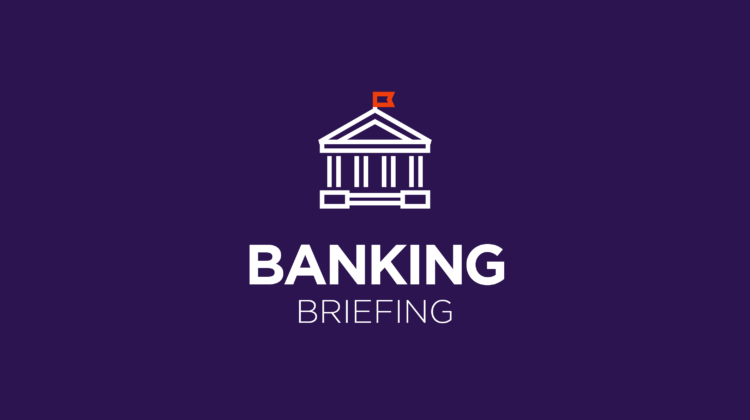Banking, Member Exclusive
Banking Briefing: JPMorgan zeroes in on landlords with new payments platform
- With its new payments platform, JPMorgan Chase is zeroing in on property owners.
- Meanwhile, banks and fintechs alike are turning to layoffs to keep afloat.








